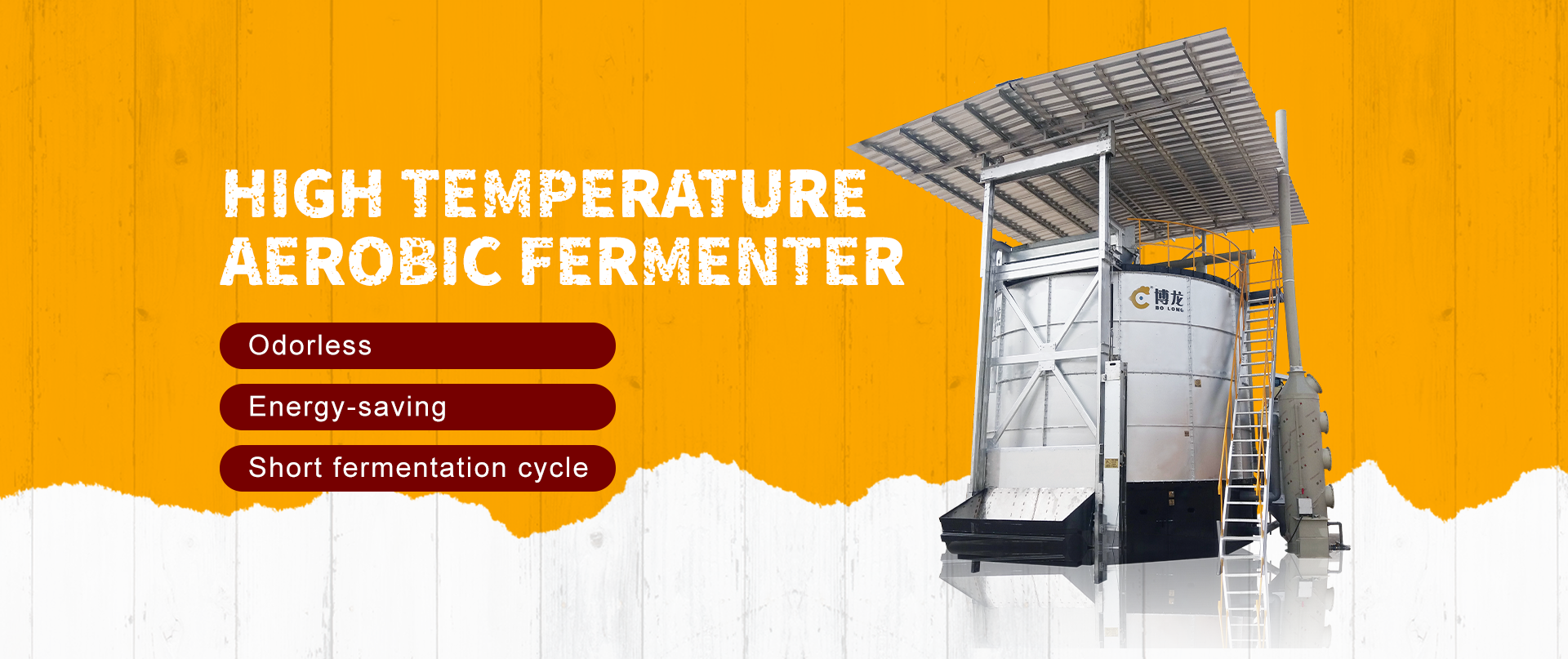Introduction
The agricultural sector is constantly seeking innovative solutions to enhance productivity, reduce costs, and promote sustainability. Fermentation tanks, which are used to convert organic waste into valuable compost, have emerged as a powerful tool in achieving these goals. This article explores the economic benefits of using fermentation tanks in agriculture, highlighting how they can improve profitability and support sustainable farming practices.

Cost Savings on Waste Disposal
One of the primary economic benefits of using fermentation tanks in agriculture is the cost savings on waste disposal. Traditional methods of organic waste management, such as landfilling or incineration, can be expensive and environmentally damaging. Fermentation tanks offer a cost-effective alternative by efficiently processing organic waste on-site.
By converting waste into compost, farmers can significantly reduce the amount of waste that needs to be transported and disposed of, leading to substantial savings on waste disposal fees. Additionally, the compost produced by fermentation tanks can be used to enhance soil health and fertility, reducing the need for expensive chemical fertilizers.
Increased Crop Yields and Quality
The compost produced by fermentation tanks is rich in nutrients and beneficial microorganisms, which can improve soil structure and fertility. This leads to healthier plants, increased crop yields, and better-quality produce. Healthier plants are also more resistant to pests and diseases, reducing the need for costly pesticides and herbicides.
Studies have shown that the application of compost can enhance the soil’s water retention capacity, reducing the need for irrigation and further lowering operational costs. The improved soil health also promotes sustainable farming practices, which can lead to long-term economic benefits for farmers.
Enhanced Marketability and Premium Pricing
Consumers are increasingly seeking sustainably produced and organic products. By using fermentation tanks to produce high-quality compost and adopting sustainable farming practices, farmers can enhance the marketability of their produce. This can lead to premium pricing and increased demand for their products.
In addition to meeting consumer preferences, sustainable farming practices can also help farmers achieve organic certification. This certification can open up new markets and increase the value of their produce, providing a significant economic advantage.
Energy and Resource Efficiency
Modern fermentation tanks are designed to be energy-efficient and environmentally friendly. They often incorporate advanced technologies such as heat recovery systems and renewable energy sources, which reduce energy consumption and operational costs. By minimizing resource use, farmers can improve their bottom line and reduce their environmental impact.
Furthermore, the efficient processing of organic waste in fermentation tanks can reduce the need for additional waste management infrastructure, such as storage facilities and transportation vehicles. This can result in additional cost savings and operational efficiencies.
Government Incentives and Grants
Many governments and organizations offer incentives and grants to promote sustainable farming practices and waste management solutions. By investing in fermentation tanks, farmers may be eligible for financial assistance and support from government programs, reducing the initial investment cost and accelerating the return on investment.
These incentives can take the form of tax credits, subsidies, or grants, and can significantly improve the economic viability of using fermentation tanks in agriculture. Farmers should explore available funding opportunities and leverage them to maximize their economic benefits.
Long-Term Sustainability and Resilience
Investing in fermentation tanks and sustainable farming practices can enhance the long-term sustainability and resilience of agricultural operations. By improving soil health, reducing reliance on chemical inputs, and promoting resource efficiency, farmers can create a more resilient farming system that is better equipped to withstand environmental challenges and market fluctuations.
Sustainable farming practices can also enhance the reputation and brand value of agricultural operations, leading to increased customer loyalty and long-term business success. This long-term sustainability can provide significant economic benefits and ensure the continued viability of farming operations.
Conclusion
The economic benefits of using fermentation tanks in agriculture are substantial. From cost savings on waste disposal and increased crop yields to enhanced marketability and resource efficiency, these systems offer a range of advantages that can improve profitability and support sustainable farming practices. By investing in fermentation tanks, farmers can achieve significant economic gains while promoting environmental sustainability and long-term resilience. As the agricultural sector continues to evolve, the adoption of innovative solutions like fermentation tanks will play a crucial role in driving economic success and sustainability.